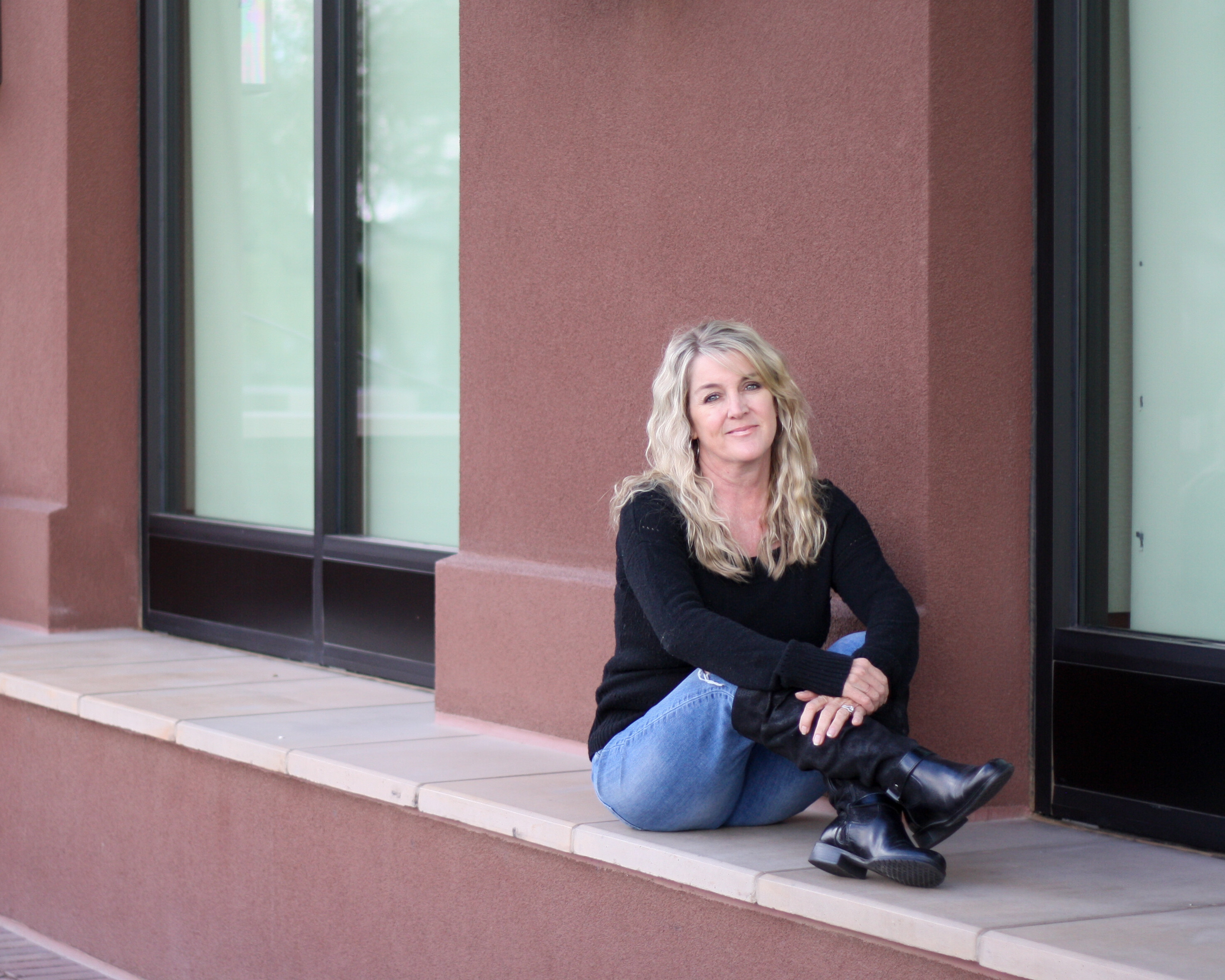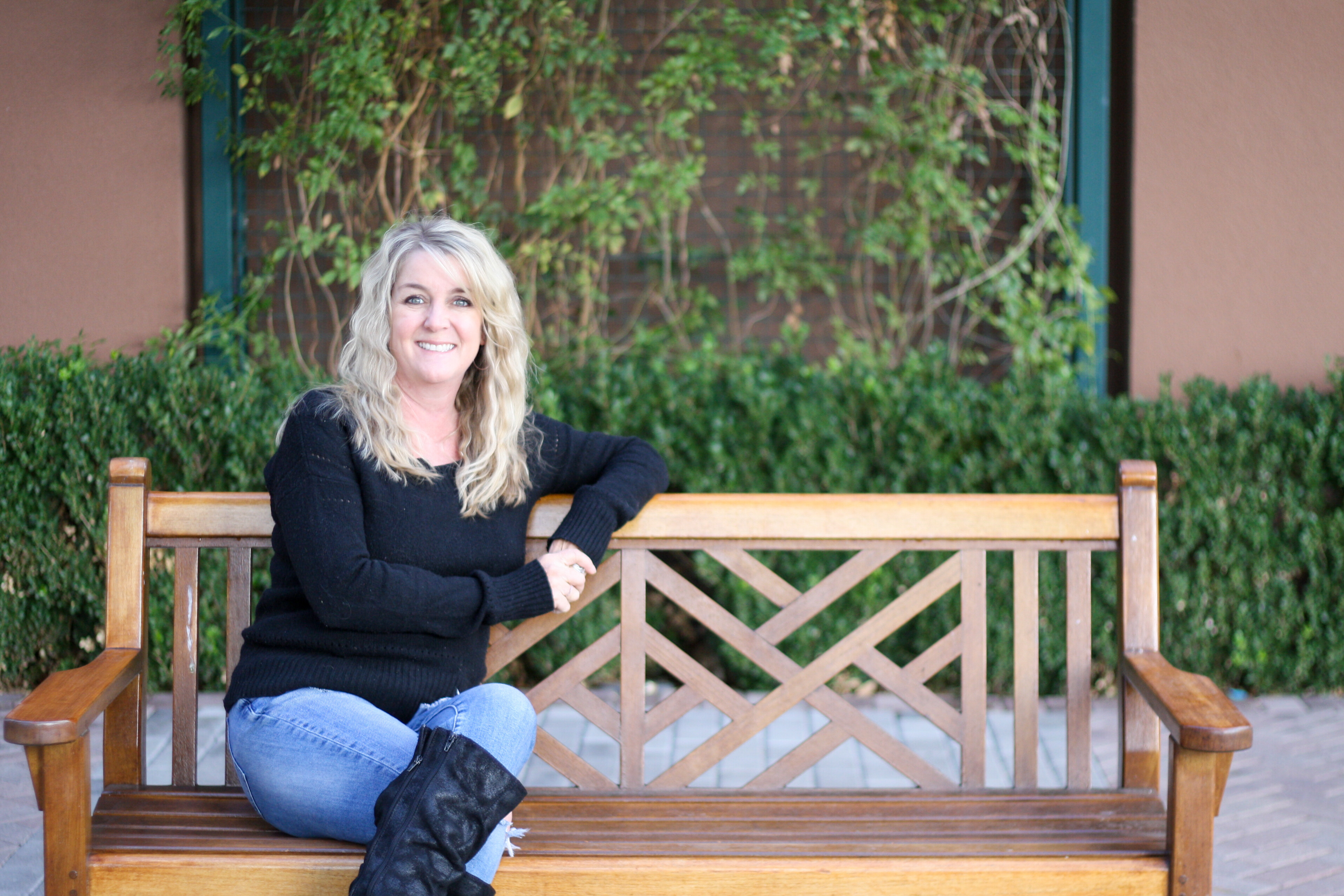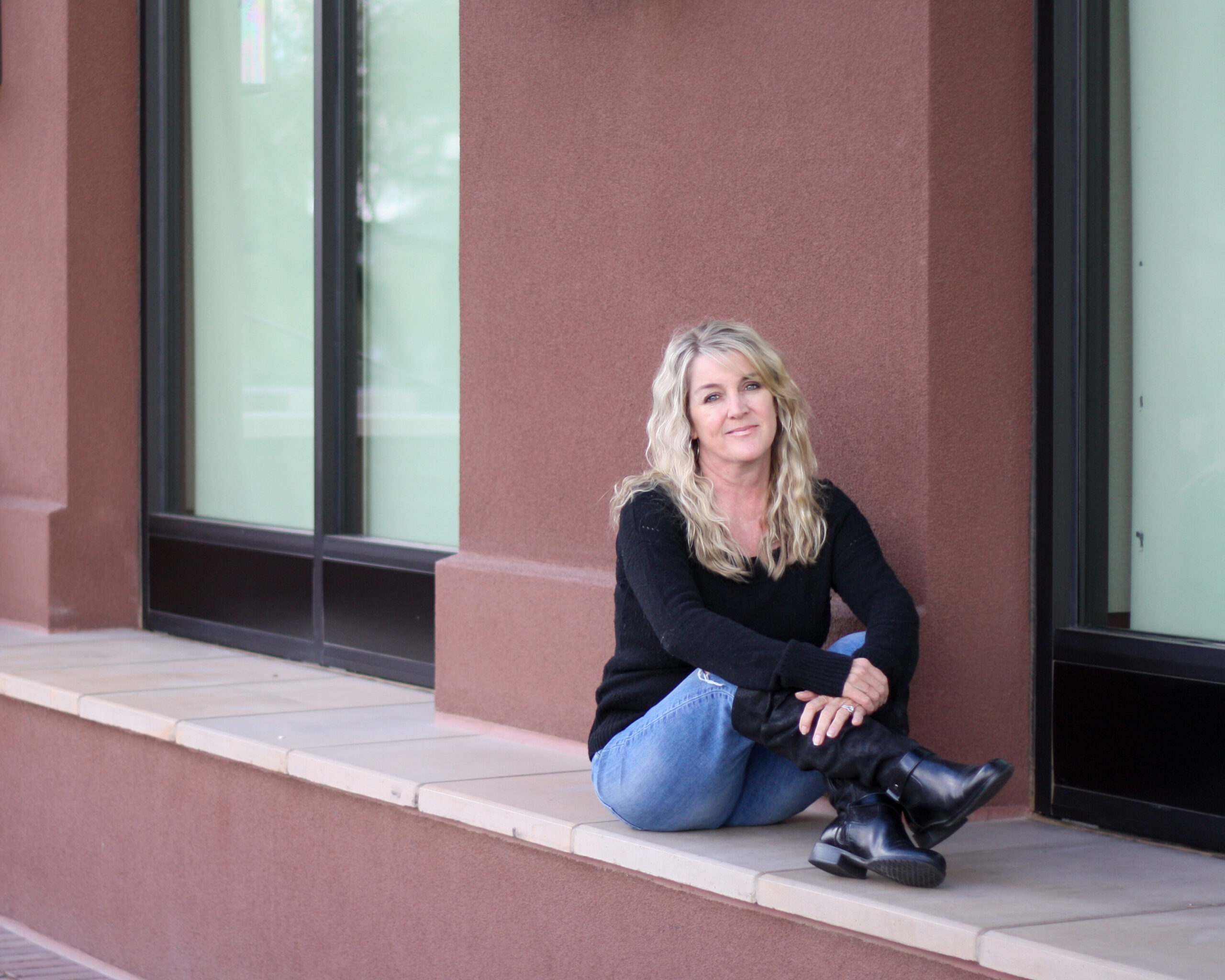Introduction
Codependency can have a significant impact on relationships, causing individuals to give and love too much. It is essential to break free from codependency by establishing healthy boundaries and practicing self-love. This article explores the intricacies of codependency recovery, emphasizing the significance of self-awareness, personal growth, and building strong relationships.
The Impact of Codependency on Relationships
Codependency often manifests as an excessive need for approval, a fear of rejection, and an overwhelming desire to please others. People who struggle with codependency tend to prioritize the needs of others over their own, resulting in an imbalanced relationship dynamic. The constant giving and lack of boundaries can lead to emotional exhaustion, resentment, and an inability to establish healthy connections.
Recognizing the Signs of Codependency
To address codependency in relationships, it is crucial to identify the signs. Some common indicators of codependency include:
- Difficulty saying no
- Anxiety when others are upset
- A constant need for validation
- A tendency to neglect personal needs
- Feeling responsible for other people’s emotions
The Importance of Self-Love
Self-love is the foundation for overcoming codependency. By prioritizing self-care, individuals can develop a healthier sense of self-worth and establish boundaries that protect their well-being. Understanding that self-love is not selfish but rather essential for personal growth and positive relationships is a crucial step in codependency recovery.
Establishing Healthy Boundaries
Boundaries play a vital role in maintaining healthy relationships and overcoming codependency. By setting clear limits on what behavior is acceptable, individuals can protect themselves from unnecessary emotional turmoil and create space for mutual respect. Establishing boundaries requires effective communication, assertiveness, and a willingness to prioritize one’s own needs.
Supporting Personal Growth
Codependency recovery involves continuous personal growth and self-reflection. Engaging in therapy, self-help groups, or working with a mentor can provide valuable support and guidance during this process. By exploring underlying traumas, childhood experiences, and patterns of behavior, individuals can gain insight into their codependent tendencies and begin to heal.
Building Healthy Relationships
Breaking free from codependency involves building healthy relationships based on mutual respect, open communication, and emotional balance. It is essential to surround oneself with people who prioritize reciprocity and support personal growth. Developing a network of healthy relationships can serve as a protective factor against falling back into codependent patterns.
Frequently Asked Questions (FAQ)
What are the consequences of codependency in relationships?
How can self-love help in codependency recovery?
What steps can I take to establish healthy boundaries?
Relevant Quote
“Self-love is not selfish. It is necessary to move from surviving to thriving.” – Kristen Brown
For more insights on codependency recovery and building healthy relationships, visit Kristen Brown, Spiritual and Empowerment Author and Mentor.

Introduction
Creating inner peace is a lifelong journey that requires self-reflection, self-awareness, and intentional action. For those who identify as recovering people pleasers, setting boundaries is a crucial step towards finding inner peace. In this article, we will explore the concept of setting boundaries, its importance in maintaining healthy relationships, and how it plays a significant role in the recovery from people-pleasing behaviors.
Understanding Boundaries
Boundaries are an essential aspect of personal well-being and healthy relationships. They serve as guidelines that define acceptable behavior, both towards ourselves and from others. Healthy boundaries help us maintain a sense of self-worth, autonomy, and emotional safety. As a recovering people pleaser, setting and enforcing boundaries is crucial for breaking free from codependent patterns and finding inner peace.
The Role of Boundaries in Self-Love and Self-Worth
Setting boundaries is an act of self-love and self-respect. It involves recognizing and honoring our needs, desires, and limits. By setting and maintaining healthy boundaries, we prioritize our well-being and protect ourselves from being taken advantage of or overwhelmed.
Boundaries are also intimately connected to our sense of self-worth. When we set and enforce boundaries, we send a powerful message to ourselves and others that we deserve to be treated with respect and consideration. Developing a healthy sense of self-worth is essential for recovering people pleasers, as it enables us to break free from the cycle of seeking validation and approval from others.
Boundaries and Healthy Relationships
Creating and communicating boundaries is vital in establishing and maintaining healthy relationships. When we set clear boundaries, we provide others with guidelines for how we want to be treated and what behavior is acceptable. This not only fosters respect and understanding but also helps to nurture authentic connections based on mutual trust and empathy.
Boundaries also prevent resentment and frustration from building up in relationships. By clearly communicating our needs and limits, we avoid compromising our emotional and mental well-being. In turn, this allows for open and honest communication, fostering healthier and more fulfilling relationships.
Setting Boundaries as a Recovering People Pleaser
Recovering from people-pleasing behaviors requires a conscious effort to establish and maintain boundaries. Here are some practical steps to help you set boundaries as a recovering people pleaser:
1. Reflect on Your Personal Values and Needs
Take the time to identify your personal values and needs. Reflect on what is truly important to you and what brings you joy and fulfillment. Use these insights to guide your boundary-setting process.
2. Be Clear and Assertive in Communicating Your Boundaries
When establishing boundaries, be clear, direct, and assertive in communicating your needs and limits to others. Use “I” statements to express your feelings and make it clear that your boundaries are not negotiable.
3. Learn to Say “No”
Practice saying “no” without guilt or apologies when a request or demand does not align with your boundaries or values. Remember, saying “no” is not selfish, but rather an act of self-care and self-respect.
4. Surround Yourself with Supportive People
Build a strong support network of individuals who understand and respect your journey towards setting boundaries and recovering from people-pleasing. Surrounding yourself with supportive people will help reinforce your commitment to self-care and personal growth.
5. Practice Self-Care and Prioritize Your Well-Being
Engage in regular self-care activities and prioritize your well-being. When you take care of yourself, you are better equipped to set and enforce boundaries, as well as maintain healthy relationships.
Frequently Asked Questions (FAQ)
How can setting boundaries help me find inner peace?
Why is self-love crucial for setting and maintaining boundaries?
A Quote from Kristen Brown
“A well-set boundary gives the other person an opportunity to discover and heal disowned aspects of themselves.” – Kristen Brown, Spiritual and Empowerment Author and Mentor
Setting boundaries is a transformative practice that leads to both personal growth and the cultivation of healthy relationships. By prioritizing self-love, self-worth, and inner peace, recovering people pleasers can break free from the cycle of seeking validation and approval from others. Remember, creating boundaries is an act of self-care and an essential step towards living a more fulfilled and empowered life.

The Importance of Self-Love and Empowerment in Codependency Recovery
Codependency is a complex issue that affects many individuals in their relationships. It refers to a behavioral pattern where individuals become overly reliant on others for their emotional well-being and sense of self-worth. Codependency often stems from a lack of self-love and can lead to unhealthy, imbalanced relationships.
In order to overcome codependency and develop healthier, more fulfilling relationships, it is crucial to prioritize self-love and empowerment. By learning to love and care for ourselves, we can break free from the cycle of codependency and create a solid foundation for personal growth and happiness.
The Connection Between Self-Love and Codependency
Codependency often arises from a deep-seated belief that our value and worthiness are dependent on others. We may feel an overwhelming need to please and seek validation from others, sacrificing our own needs and desires in the process. This pattern can lead to a constant cycle of giving and seeking love outside of ourselves, leaving us feeling depleted and unfulfilled.
Self-love is the antidote to codependency. It involves recognizing our innate worthiness and learning to prioritize our own needs and well-being. When we cultivate self-love, we become less dependent on others for validation and fulfillment. We develop a strong sense of self and no longer rely on external sources to define our value.
Empowerment as a Path to Codependency Recovery
Empowerment plays a crucial role in codependency recovery. It involves taking back control of our lives, setting healthy boundaries, and making choices that align with our values and desires. Through empowerment, we regain our agency and become active participants in our own lives.
Empowerment helps us develop the strength and resilience needed to break free from codependent patterns. It allows us to establish boundaries, communicate our needs, and assert ourselves in relationships. By cultivating a sense of empowerment, we no longer feel helpless or dependent on others for our happiness.
The Role of Boundaries in Codependency Recovery
Establishing and maintaining healthy boundaries is essential in codependency recovery. Boundaries serve as a protective barrier, helping us differentiate between our own needs and the needs of others. They allow us to prioritize self-care and ensure that our emotional, mental, and physical well-being are not compromised.
Setting boundaries is an act of self-love and self-respect. It involves clearly communicating our limits and standing firm in our decisions. Healthy boundaries create a sense of safety and stability in our relationships, fostering mutual respect and balance.
The Journey of Self-Discovery and Healing
Codependency recovery is a deeply personal journey that requires introspection, self-reflection, and healing. It involves exploring our past experiences, beliefs, and traumas to understand the root causes of our codependent patterns.
Self-discovery and healing are facilitated through various tools and practices, including therapy, self-help books, support groups, and spiritual practices. These resources help us develop self-awareness, challenge limiting beliefs, and cultivate self-compassion.
As we embark on the journey of self-discovery and healing, it is important to remember that it is a process. It takes time, patience, and dedication to overcome codependency and build a healthy relationship with ourselves.
Reclaiming Your Inner Strength: Quotes to Inspire Codependency Recovery
“It’s not people touching our buttons that’s the problem; it’s that we have them to touch.” – Kristen Brown, Spiritual and Empowerment Author and Mentor
“Shame and unworthiness are the dis-ease and self-love is the miracle cure.” – Kristen Brown, Spiritual and Empowerment Author and Mentor
“We are the elite guardians of our minds, bodies, and spirits. It is our duty to become our own best friends, advocates, and protectors.” – Kristen Brown, Spiritual and Empowerment Author and Mentor
“Self-love is not selfish. It is necessary to move from surviving to thriving.” – Kristen Brown, Spiritual and Empowerment Author and Mentor
“Boundaries are designed to protect and support our sacred selves.” – Kristen Brown, Spiritual and Empowerment Author and Mentor
Frequently Asked Questions About Codependency Recovery and Self-Love
What is codependency?
How does self-love help in codependency recovery?
Why are boundaries important in codependency recovery?
For more information and resources on codependency recovery and self-love, visit Kristen Brown, Spiritual and Empowerment Author and Mentor.

Codependency Recovery: Breaking the Habit of People-Pleasing
More about Do You Give or Love too Much in Relationships Codependency Recovery: Popular Reads
Do You Give or Love too Much in Relationships Codependency Recovery: Are You a People-Pleaser? Break Free from Codependency and Find Happiness
Codependency Recovery: Breaking the Habit of People-Pleasing
2023 Kristen Brown, Spiritual and Empowerment Author and Mentor – Do You Give or Love too Much in Relationships Codependency Recovery All Rights Reserved.
[meta.author=Kristen Brown]
